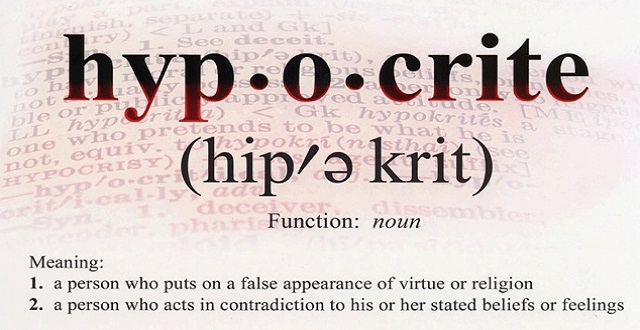Keep it fragrant

The Holy Prophet of Islam (peace be upon him and his progeny) said:
أَفْوَاهُكُمْ مِنْ طرُقِ رَبِّكُمْ فَأَحَبُّها إلى اللّه أَطْيَبُها رِيْحاً فَطَيَّبُوها بِما قَدَرْتُم عَلَيْهِ
Translation
Your mouth is one of your ways to God. The most favorite mouth before Allah is the one most fragrant. So keep your mouth as fragrant as you can.1
Brief Description
The outward meaning is that since man uses his mouth to vocalize God’s remembrance and worship and recite divine verses, he should keep it clean and fragrant.
The hadith’s inward meaning signifies that the mouth which is one of the ways of relating with the divine paths and Allah’s servants is more favored by Allah when it becomes fragrant with good, clean and kind speech and is free from bad utterances, insults, lies and harshness.[divider]
• 1. Wasa’il ‘ush-Shi’a, volume 1, page 358









